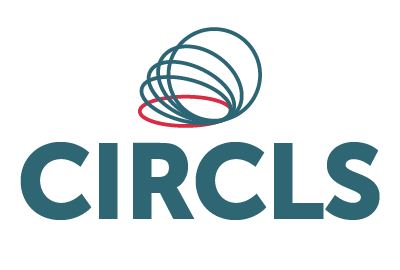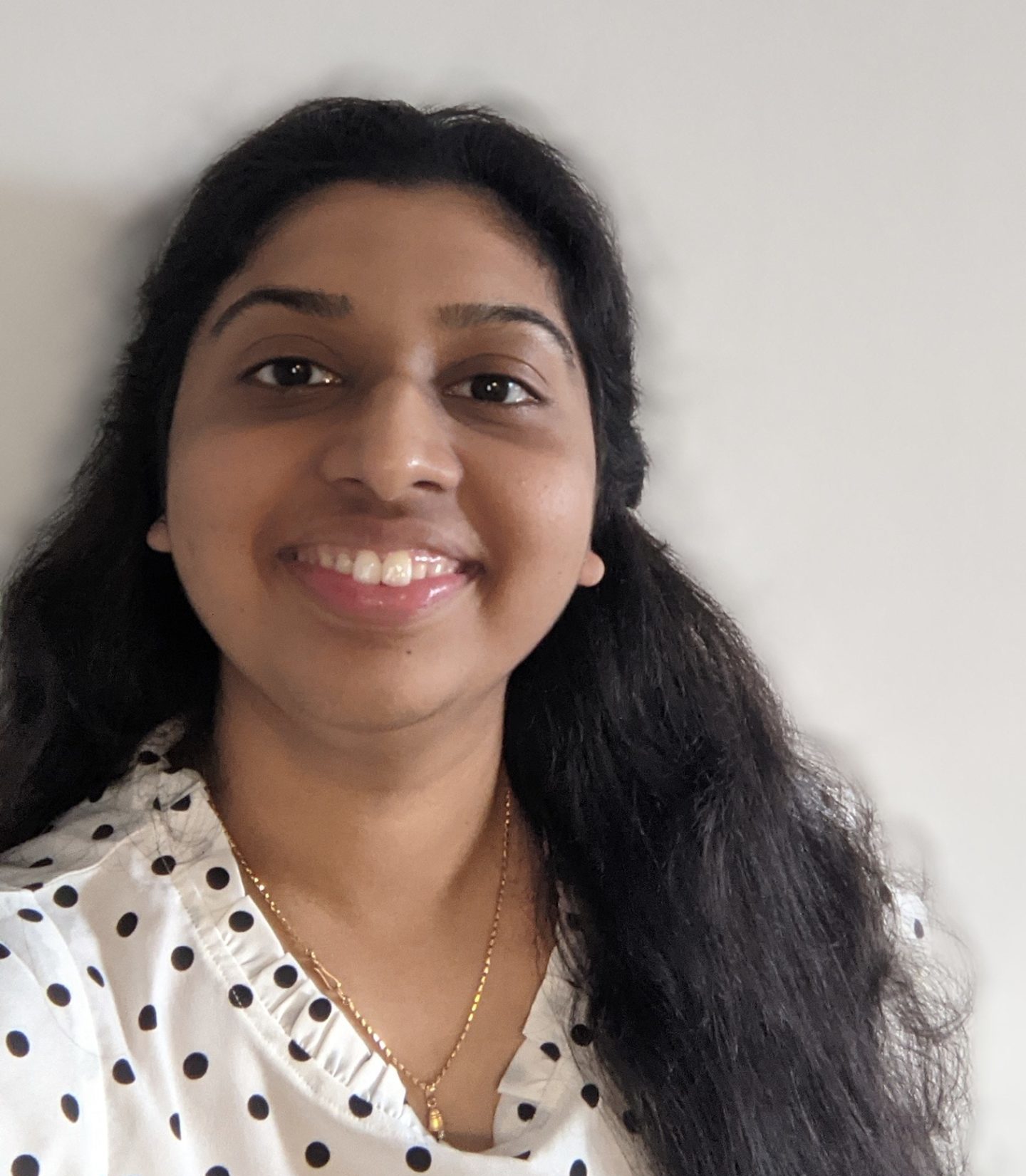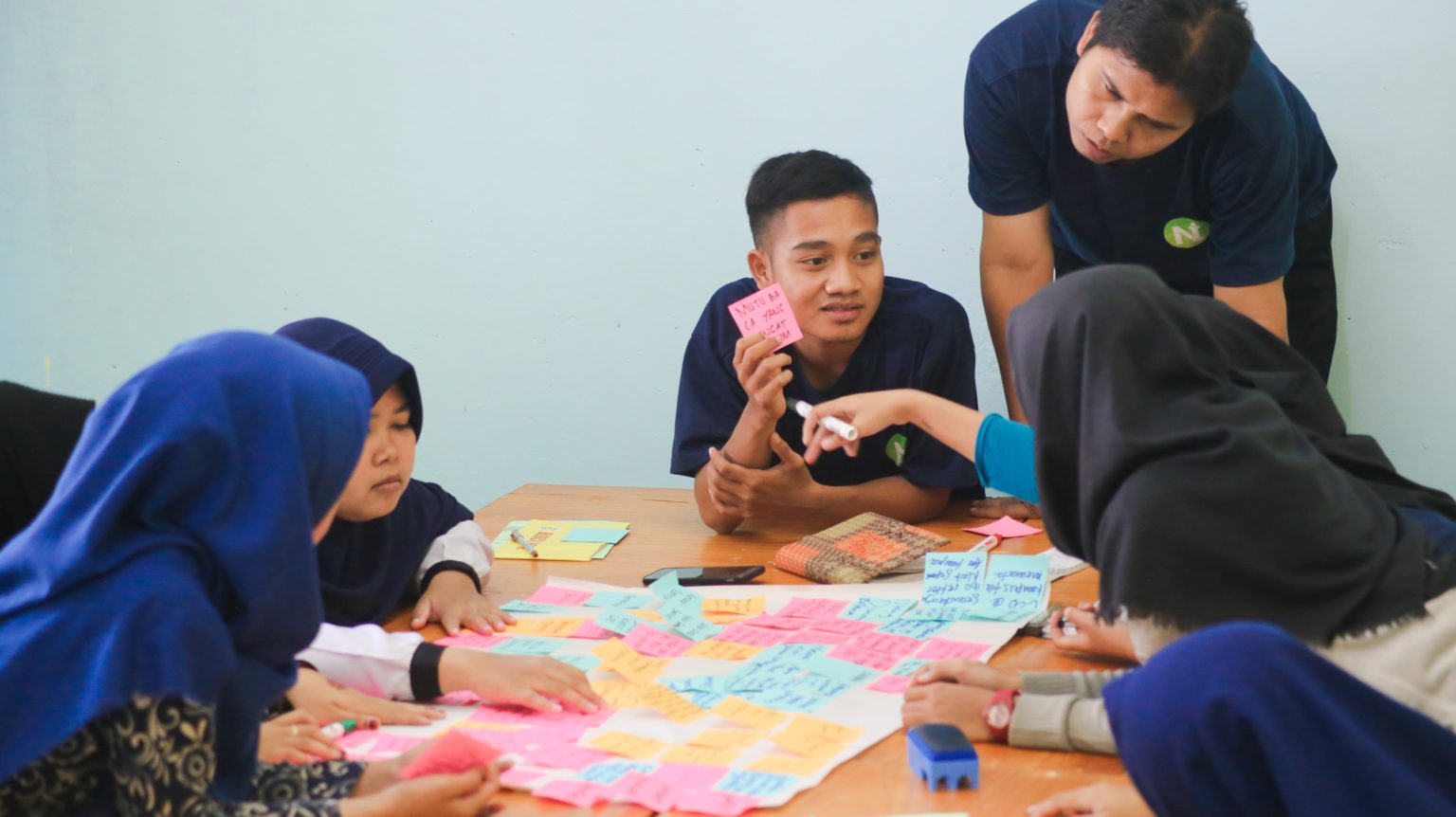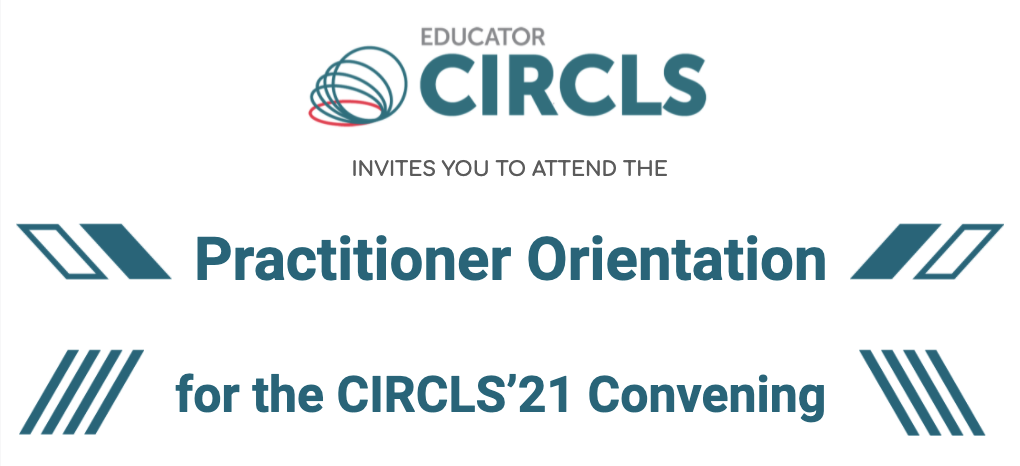During the summer, Educator CIRCLS held a series of informational and discussion sessions in preparation for the CIRCLS’23 Convening. These sessions provided practitioners with the opportunity to learn about emerging technology for learning and think about what that might look like in their classroom or school context!
Please see information about each session. Each session will include the presentation slides and recordings.
July 12th, 3-4PM ET OR July 13th, 12-1PM ET: Informational Session 1 – What is CIRCLS and the CIRCLS Convening?
Learn about CIRCLS and Educators CIRCLS! This first session introduces the center, the summer series, and in-practice educators who are in the CIRCLS community.
Presentation Slides | Downloadable Slides | Webinar Recording
July 18th, 2-3PM ET: Overview of Emerging Technologies and AI in Education
Get an overview about issues and research in AI in Education. The session was based on the recent report on Artificial Intelligence and the Future of Teaching and Learning from the Office of Educational Technology.
Presentation slides | Downloadable Slides | Webinar Recording
July 20th, 1-2PM ET: Assessment, Identity, and Agency
What is the role of AI when grading, and how does it affect both student and teacher identity and agency? Attendees shared their experiences on how AI grading systems have affected how they and their students who have used these systems feel.
Presentation Slides | Downloadable Slides | Webinar Recording
July 25th, 2-3PM ET: Collaborative Learning and Community Building
What does it look like to leverage AI for collaborative learning? Attendees learned about and shareed their experiences with building community with their colleagues and in small groups in the classroom.
Presentation Slides | Downloadable Slides | Webinar Recording
July 27th, 1-2PM ET: Equitable and Ethical Practices and Interactions
What does AI neglect when it comes to the needs of historically excluded populations, both among students and teachers? Attendees learned about the AI Bill of Rights for Teachers and shareed how they use or can use it in their classrooms.
Presentation Slides | Downloadable Slides | Webinar Recording
August 1st, 2-3PM ET OR August 3rd, 1-2PM ET: Informational Session 2 – What to expect at the CIRCLS ‘23 Convening
In this second informational session, attendees are invited to drop-in to ask about the CIRCLS ‘23 Convening and learn how to apply. Attendees shared their thoughts about what they would like to see at the convening.
August 2nd, 1-2PM ET: Social Robotics
Learn about the design of intelligent robots with social behaviors and their potential roles in learning settings. Attendees discussed how they see robotics technologies fitting into their classroom.
Presentation slides | Downloadable Slides | Webinar Recording
August 15th, 2-3PM: Learning and Productivity
Teacher and student insight and feedback in AI-backed educational technologies development is crucial for building effective, trustworthy implementations. Hear about student and teacher recommendations and share yours, plus think about what we as a community can do next.
Presentation slides | Downloadable Slides | Webinar Recording


 Author: Aditi Mallavarapu
Author: Aditi Mallavarapu


